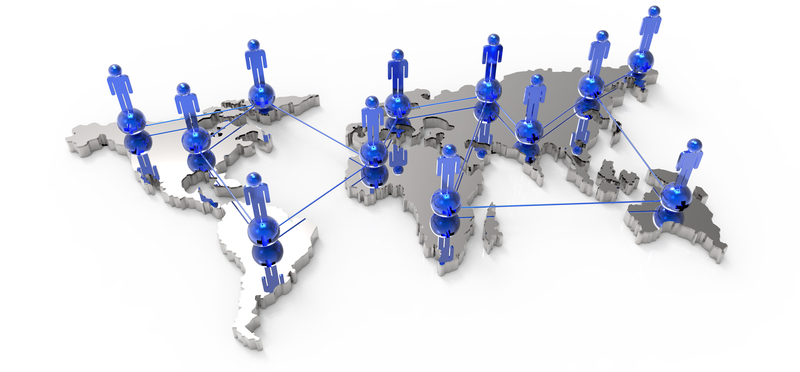As a number of research organizations are adapting to remote requirements and technological advancements, and becoming more patient-centered, they’re redesigning the way they perform research. Accelerated by the coronavirus pandemic, countless trials have shifted to a DCT (decentralized clinical trial) model. This approach is usually more convenient for the participant, and it doesn’t let in-person limitations postpone the research. Read as our clinical EDC expert for rapid clinical EDC study development and decentralized studies explains key concepts.
for rapid clinical EDC study development explains decentralized terms in research!
Mobile health versus telehealth
Telehealth is also known as telemedicine and usually refers to patients receiving care from a healthcare professional without leaving their homes. There are many ways to perform telehealth, including communicating via email or text messaging, using video chat, and using other remote monitoring technologies like smart glasses to perform interactions related to research with a participant – without an in-person visit.
On the other hand, mHealth or mobile health is often used to refer to capturing health data through a smart device and may be helpful in clinical research. For instance, devices to measure activity, monitoring apps, electronic patient-reported outcomes, and electronic patient diaries. Although participants mostly use mHealth to track and capture data about themselves, mHealth may also allow them to communicate with providers as needed and access clinical records.
Hybrid trials
Hybrid trials incorporate an array of remote, virtual, and/or decentralized modalities of a clinical trial. It also integrates traditional randomized controlled trial elements, with strategic design elements for supporting real-world data collection. Usually, these design elements help lower the cost of participant follow-up and data collection, can accelerate product development, and focus on randomization.
Numerous organizations across the research community are learning the value of using innovative and new study designs to increase the quantity of information and quality of data, as well as increase access to research.
Consequently, industry stakeholders are using the term ‘decentralized trials’ and ‘hybrid trials’ somewhat interchangeably.
Remote and virtual trials
Catalyzed by the coronavirus pandemic, remote and virtual trials incorporate participant interaction and data collection outside of physical site locations as much as possible. Participants remotely offer informed consent, researchers remotely gather any samples, and data is captured via wearables issued for the research or even through the apps or own devices of the participants.
While study staff usually remain centrally located, mobile medical providers may visit the home of participants when the collection of data or specimens requires the presence of a trained medical practitioner.
ClinicalPURSUIT’s intelligent electronic data capture system helps you rapidly set up and deploy single and multicenter studies in weeks
At ClinicalPURSUIT, our clinical trial data management services provide a streamlined workflow and advanced user management to effective data capture for all your clinical trials.
Reach out to us now for more information on our EDC system for patient studies!







